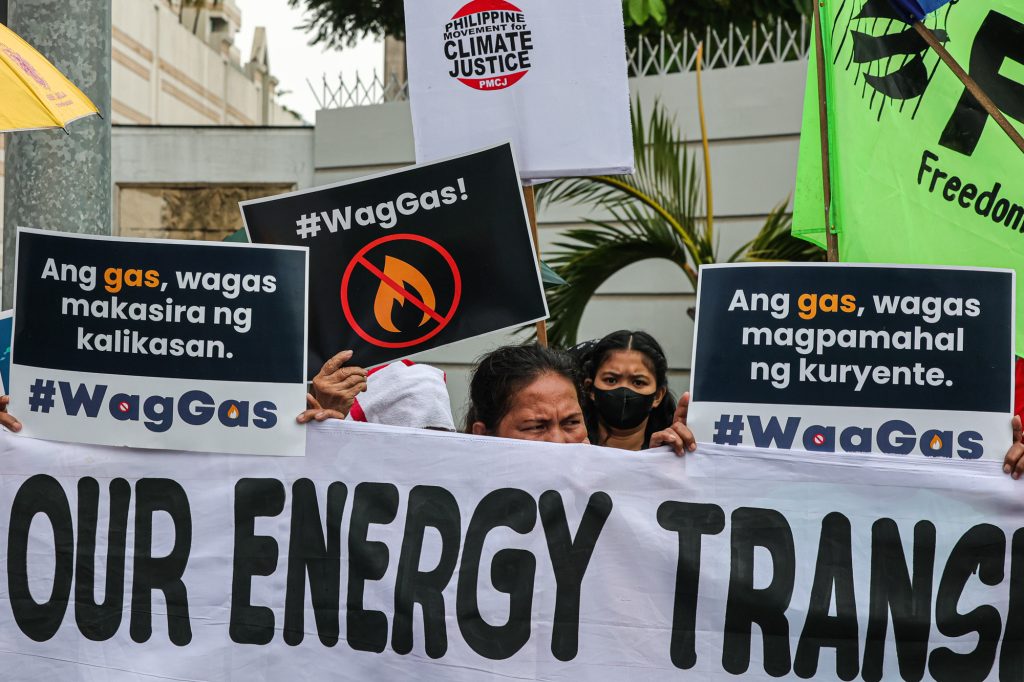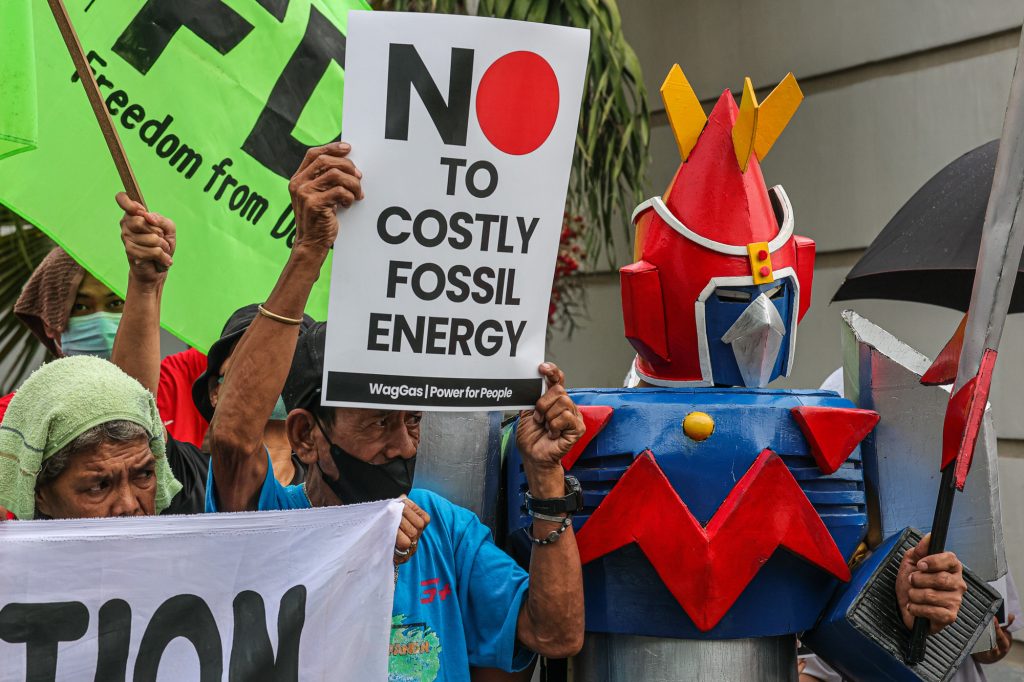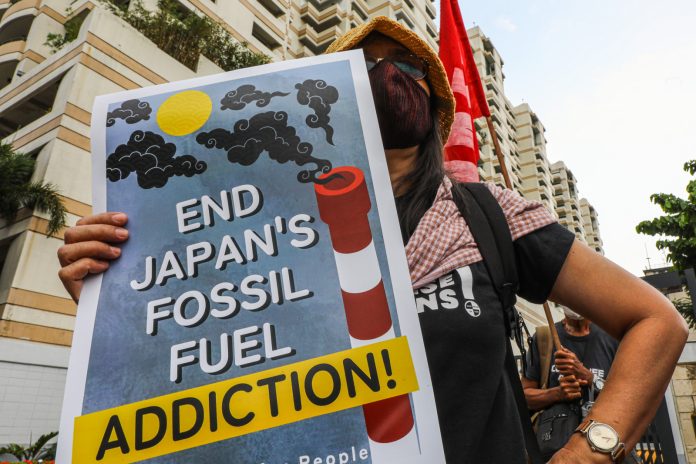The Catholic bishop of San Carlos on Friday, May 19, joined calls made by energy advocacy groups for Japan to stop impeding the energy transition of climate-vulnerable countries.
Bishop Gerardo Alminaza, convenor of the group WagGas, expressed concerns about the “detrimental impact” of planned fossil gas and LNG plants and terminals in the Philippines.
WagGas is a network of communities host to fossil gas projects, civil society, and faith-based formations seeking to halt the proliferation of fossil gas in the country.
“All possibility of stopping global temperatures from rising beyond 1.5°C is rapidly depleting, no thanks to countries like Japan who make way for continued fossil fuel dependence globally,” said the prelate.
He said that in the Philippines, “many communities live with fear that they would be tied to decades of pollution and worse climate change impacts” because of the fleet of fossil gas and LNG plants and terminals planned all over the country.
“We will be vigilant in pushing back against these because there clearly is no space for gas in a livable future,” said Bishop Alminaza.
Japan is the largest provider of public finance for fossil fuels worldwide and plays a significant role in the Philippines’ extensive expansion plans for liquefied natural gas (LNG) power and importation.

Bishop Alminaza’s Diocese of San Carlos is the proposed site for a 300 MW LNG plant by San Miguel Corporation (SMC), the country’s largest gas developer, with backing from Japanese institutions such as Sumitomo Mitsui Banking Corporation.
Equipped with a Voltes V-themed mascot, protesters on Friday challenged Japan to transform itself into a champion of clean energy rather than acting as a hindrance to climate and energy transition.
While Japan promotes LNG and finances gas projects through institutions like the Japan Bank for International Cooperation, it also advocates for technologies, such as co-firing ammonia in coal-fired power plants, that prolong the use of existing fossil fuel assets.
Gerry Arances, convenor of energy advocacy and consumer rights group P4P and co-convenor of WagGas, criticized Japan for obstructing the Philippines’ swift energy transition and supporting gas and LNG projects near the Verde Island Passage, a biodiversity hotspot.
“Japan can claim all it wants that its push for gas is to promote energy security and economic development, but its true energy agenda can’t help but shine through: to cling to its fossil fuel obsession while forcing others to do the same,” said Arances in a statement.

He said Japan had previously contributed to the proliferation of coal and should not impede the Philippines’ progress toward a 100 percent renewable energy future.
The groups expressed concerns about the economic and climate costs associated with an expanded reliance on gas, coal, and other fossil fuels in the Philippines.
LNG power generation is estimated to cost an average of Php16/kWh, significantly higher than the Php3 to 4 offered by renewables in green energy auctions.
The protesters urged Japan and other G7 leaders to deliver summit outcomes that align with climate goals and support the advancement of clean and affordable renewable energy.
They called for an end to the “addiction to fossil fuels” and emphasized the responsibility of G7 nations to cease financing for fossil fuels and accelerate their phase-out while ensuring the delivery of climate finance to countries like the Philippines as they transition to renewable energy.









